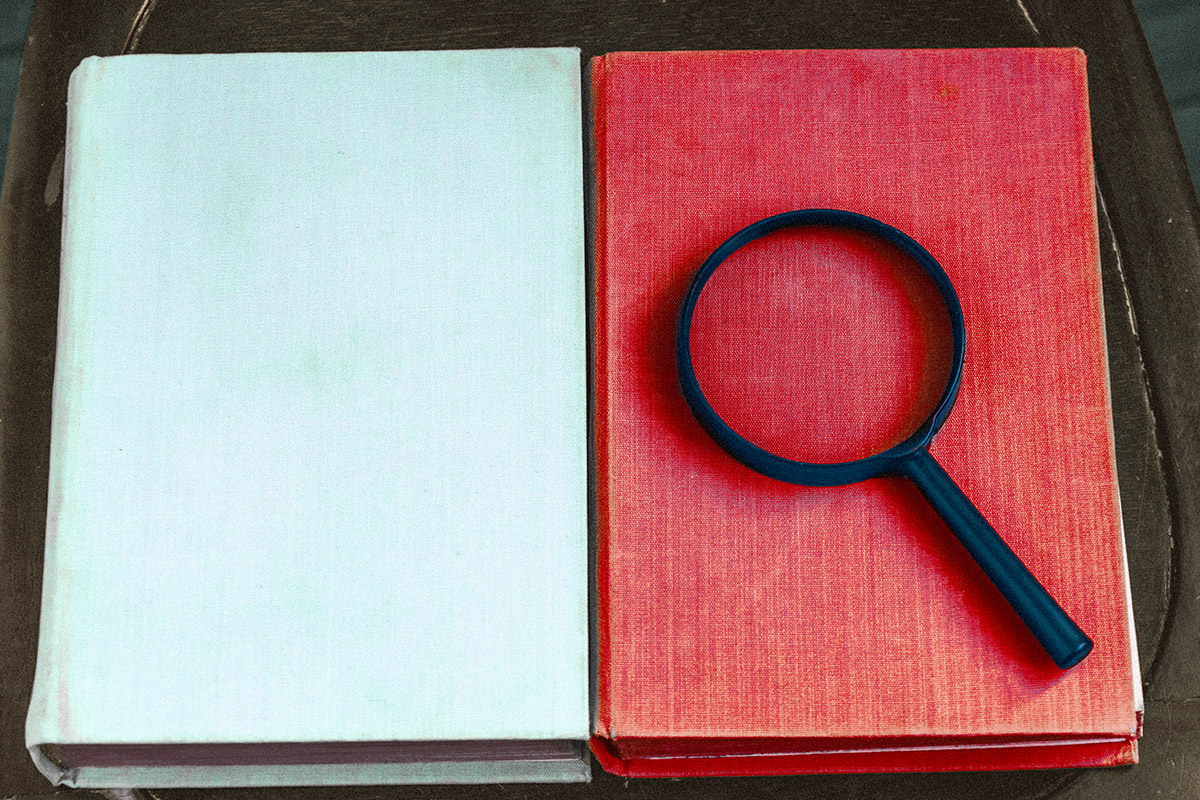
How To Find Errors in Your Credit Report
You know the benefits of regularly viewing your credit report and tracking your score. But what about errors? Do you know how to look for them on your report? And, if you find them, do you know what to do then?
Errors on your credit report can significantly lower your credit score, costing you money in higher interest payments, higher insurance premiums, lost job opportunities and more. That’s why it’s so important to keep a watchful eye. The good news is that errors can usually be corrected—if you know how to spot them.
The first step
Get a copy of your credit report to see what is currently being reported. According to the Fair Credit Reporting Act, all Americans are entitled to one free credit report from each of the three major credit bureaus—Experian, Equifax and TransUnion—each year. Visit AnnualCreditReport.com to download these reports for free.
You are also eligible to receive a free copy of your credit report if a company takes an unfavorable action against you, such as declining your application for credit or denying you insurance coverage because of information in your report. You must ask for your report within 60 days after this action being taken to get it for free. If you are currently unemployed but plan to start job hunting within the next 60 days, are on welfare or have an inaccurate report due to fraud, then you are also permitted to one free credit report per year.
What to look for
Once you have your report, check for the following:
-
Identification fields
A misspelled name, an address where you’ve never lived, the wrong phone number or the wrong middle initial are common errors. Sometimes it’s just a typo and sometimes mistakes happen due to family members or strangers with similar names, addresses, etc. But, even then, it can open you up to a world of serious credit problems if you start seeing someone else’s accounts on your credit report. It’s best to fix these as soon as you see them. -
Accounts
This is where the real damage can be done. Look through each account listed to examine the data. You’re looking for accounts you don’t recognize, duplicate accounts, incorrect credit limits or current balances, inaccurate late or delinquent payments and any loan marked as “open” when it should be listed as “closed.”
On the road to fixing any mistakes
No matter how big or small the mistakes are, they should be addressed right away. The best way to do this is to formally contact the bureau that generated the report, as well as the company or creditor (often referred to as the information's "furnisher") that gave the incorrect information to the credit bureau directly. Your credit report should provide directions for how to dispute any inaccurate or incomplete information. We have also provided some simple tips to help you right any wrongs:
-
Gather supporting documentation
Once you’ve identified the errors, don’t contact the credit bureaus right away. First, do your research and make sure that things are as you think they are. Collect the documents you need—for example, an email or letter stating the loan in question is closed or a current credit card statement that clearly shows your credit limit. -
Write a letter of dispute
Be sure to include each contested item with an explanation of the facts. If you need help, the Federal Trade Commission has a sample letter. You can use the same letter for each reporting bureau, just make sure you update the recipient information. -
Make copies of everything
Before you mail off your papers, make copies for each bureau, as well as one set for yourself. Decide what your file system is going to be—a folder, a binder or something else—and set it up now. That way, you’ll know exactly where your documents are when you need to reference them. -
File your dispute
Disputes can be filed online, over the phone or via the post office. Mountain America Credit Union recommends using the post office. If the problems continue or the dispute ends up in court, the paper trail that’s generated shows your efforts and could be the thing that tips the verdict in your favor. Send your documents via certified mail and request a return receipt. This will notify you that your package was received and includes the date and signature of the person who accepted it. -
Follow up in 30 days
Provisions under the Fair Credit Reporting Act state that the credit bureau(s) must investigate the error and provide you with results of the investigation within 30 days. Once the post office has notified you that your packet has been received, set up a reminder to follow up in 30 days if you haven’t heard from the credit bureau. If your dispute is successful, the company or creditor that reported the information is required to notify all three credit bureaus so they can correct the information in your file. -
Take additional steps
You may get the news that your dispute was unsuccessful. If so, it’s usually due to one of these reasons: the information currently in your report was deemed correct or the dispute was considered frivolous. If the information is deemed correct and you don’t have additional documentation to prove otherwise, your best response is to take steps to rebuild your credit. If your dispute is labeled frivolous, you may have too many items in one letter, insufficient proof to support your claim or possibly using the same excuse for every error. If you receive this reason for why your claim was rejected, try to submit your dispute again. -
Monitor your account
You’ve worked hard to correct your report and you don’t want to have to do it again, right? That’s why it’s important to review your credit report regularly. At a minimum, you should look over your credit report at least once a year. In some situations, you may want to check it more often—like if you suspect someone stole your identity. You may also want to talk with your financial institution or an outside company about purchasing ID protection services.
Related Articles

